Unfortunately, the entire year of 2020 has been dominated by COVID-19. It’s all many of us have heard or thought about. While a vaccine is on the way, it will be some time before everyone who wants one can get one.
That means that throughout the holiday season and winter, many people are going to be self-isolating or spending less time with other people.
Many people feel significant fear about the potential of contracting COVID-19, and the thought that you could have been exposed to it can be anxiety-producing. You do need to take certain steps after COVID-19 exposure to keep yourself and others safe, however.
The following are some things to know about COVID and possible exposure.
What is the Incubation Period?
An incubation period is the amount of time from when you are exposed to a virus to when you first develop signs or symptoms.
The incubation period for COVID-19, according to the CDC, is anywhere from two to 14 days.
That means it may take anywhere from two to 14 days to see symptoms after exposure. From what we know right now, the average incubation period is around five days.
Nearly 98% of all people infected with COVID-19 will develop symptoms within 11.5 days.
The incubation period for the standard flu is anywhere from one to four days. The longer potential incubation period of COVID is one of the many things that makes it different from the flu and more challenging to deal with.
With a longer incubation period, you may not know you were infected for several days.
How Does COVID-19 Spread?
COVID-19 is believed to spread primarily from person-to-person. Close contact is the key driver of spread. Close contact means being within around six feet for a total of 15 minutes or more in a 24-hour period. You might be infected by someone’s respiratory droplets coming from their nose or mouth when they sneeze, cough, speak, or sing.
There’s also a concept called airborne transmission to be aware of.
Airborne transmission means that when someone infected with COVID releases droplets and particles, they can linger in the air for some time. That could mean you’re potentially infected even if you aren’t within six feet of an infected person. This spreading mechanism is not thought to be that common.
When Should You Quarantine?
Quarantine is something the CDC says you should do if you may have been exposed to COVID. The goal is to stay away from others and to prevent the spread of the illness even if you don’t yet know if you’re sick. If you’re in quarantine, you should stay home and away from other people.
Quarantine is different from isolation.
If you’re in isolation, you are infected with the virus, and you know it. If you’re in quarantine, you think you’ve been exposed.
What If You Have to Take Off Work?
If you’re quarantining because you are sick with coronavirus or because you’ve been exposed to someone who is, you may have to take time off work.
The Families First Coronavirus Response Act (FFCRA) requires some employers to give paid sick leave or expanded family and medical leave for reasons related to COVID-19.
For example, under this legislation, covered employers have to provide up to 80 hours of paid sick leave at your regular pay rate if you can’t work because you’re quarantined. The quarantine has to be based on Federal, state, or local government orders or the advice of a health care provider.
The legislation also made available up to 10 additional weeks of paid expanded family and medical leave, at two-thirds of your regular rate of pay. To be eligible, you have to work for a covered employer. You also have to have been employed for at least 30 calendar days.
The protections apply to public and private employers with fewer than 500 employees.
Small businesses with fewer than 50 employees may qualify for some exemptions.
Along with being quarantined or sick yourself, you may have additional coverage if you are caring for a child whose school is closed or you’re experiencing a similar situation related to COVID-19 that’s keeping you from working.
If you take FMLA leave, as is always the case, you’re able to return to your same position or an equivalent position.
Community Spread
The concept of community spread is important to understand with COVID. Community spread means that people in an area have been infected with a virus, and they may not all know where they got it from.
In areas with high rates of community spread, contact tracing becomes very difficult.
What if Someone In Your Household Is Infected?
The idea of someone in your own house getting sick can be stressful and overwhelming. However, it may happen, and most people coronavirus do recover at home.
If you’re a caregiver or live with someone infected, you should stay home as well except to get medical care.
If you can, have the sick person use a different room and bathroom than everyone else.
Be careful about washing your hands and when soap and water aren’t available, using an alcohol-based sanitizer.
The person in your home who is sick should wear a disposable face mask.
Avoid unnecessary contact with the person who has COVID.
Look for any warning signs the person may require emergency medical care such as pain or pressure in the chest, confusion, inability to stay awake, trouble breathing, or bluish face or lips.
You may receive a phone call from your local health department if you are sick or you’ve been exposed to someone who is. This is part of contact tracing, and it is best to take the call if you can. This can help reduce community spread where you live and it may help protect other people. It can also help you find out important information.
Hopefully, soon we’ll start to see things looking up as far as COVID goes, but for right now we’re still in the midst of it.
Blog Sites List :
dailywikzz.blogspot.com/
zoonekz.blogspot.com/
vinklyzz.blogspot.com/
coolpickox.blogspot.com/
dailyclapsz.blogspot.com/
jalashmovies.blogspot.com/
kissanimerulz.blogspot.com/
moviesdawap.blogspot.com/
filmygodonline.blogspot.com/
uwatchfreenew.blogspot.com/


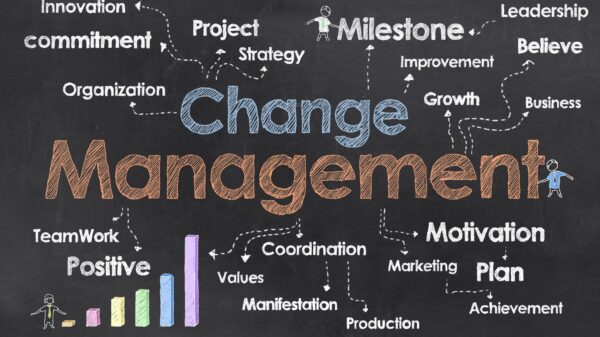

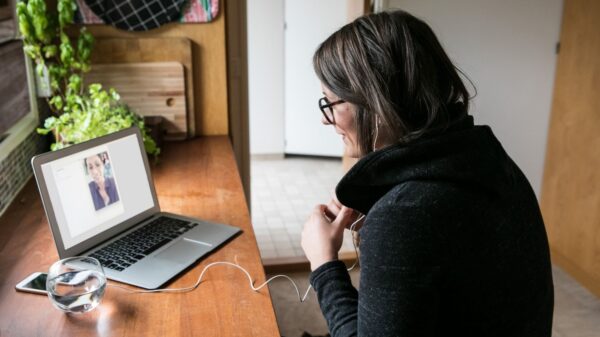
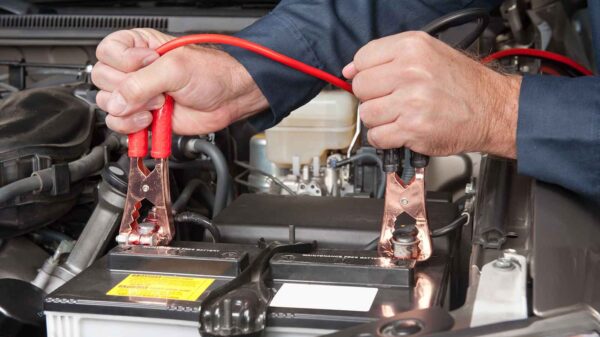



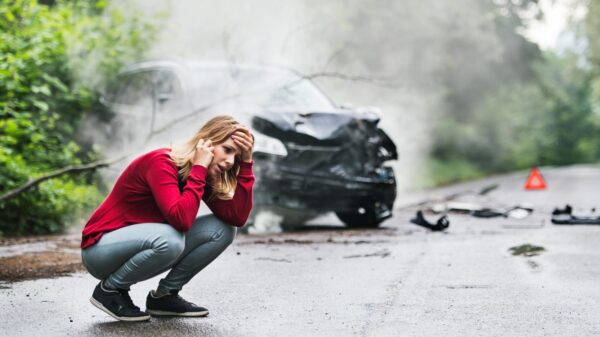

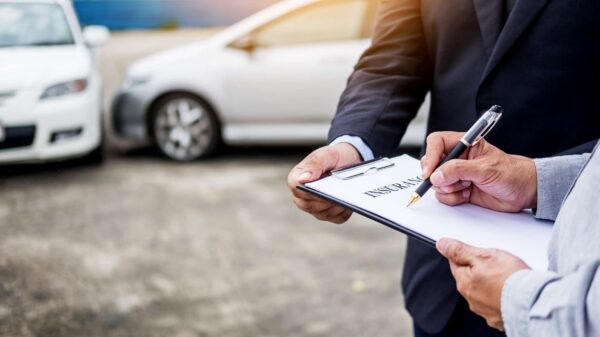
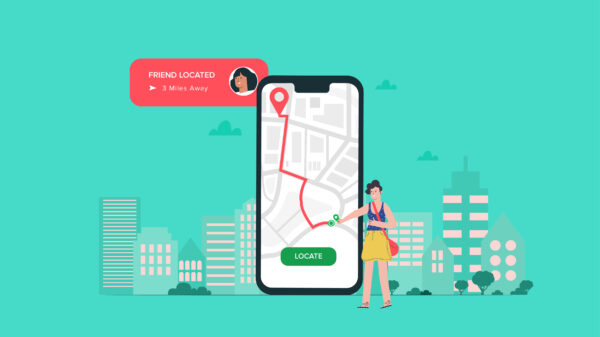
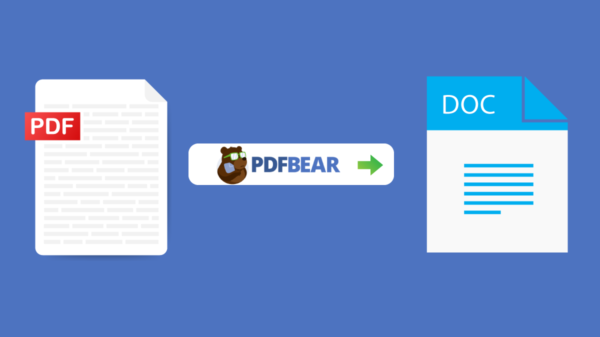


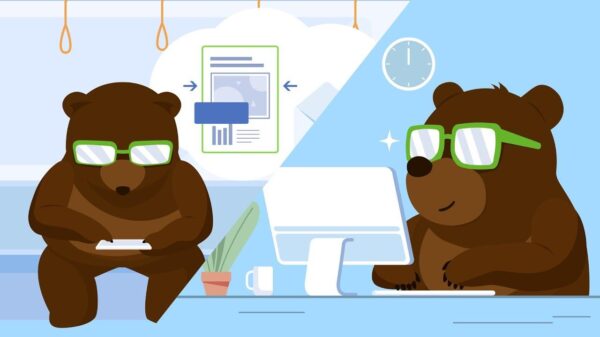
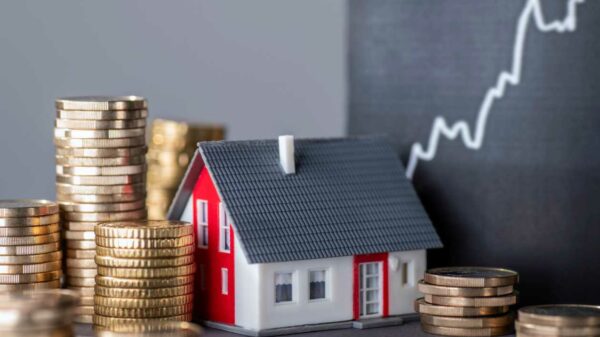

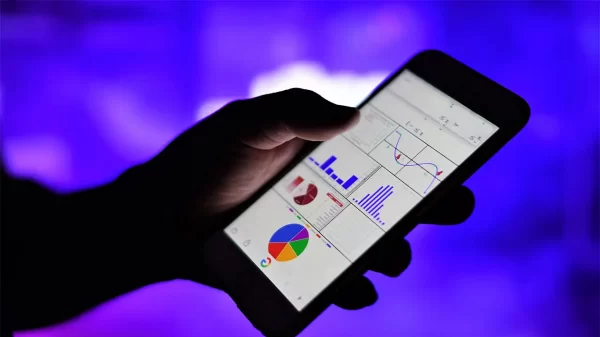
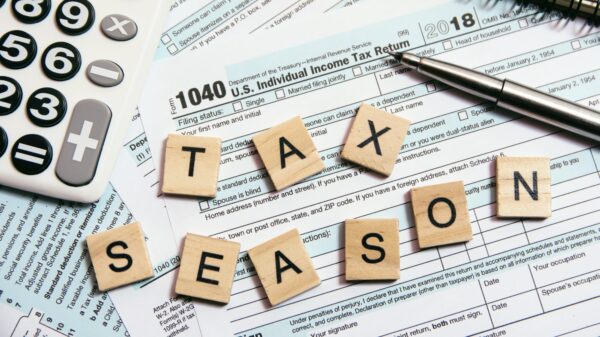
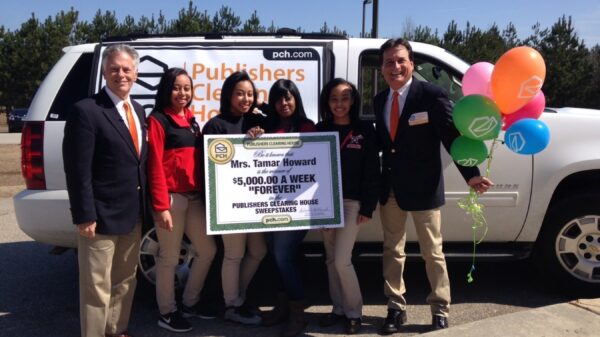



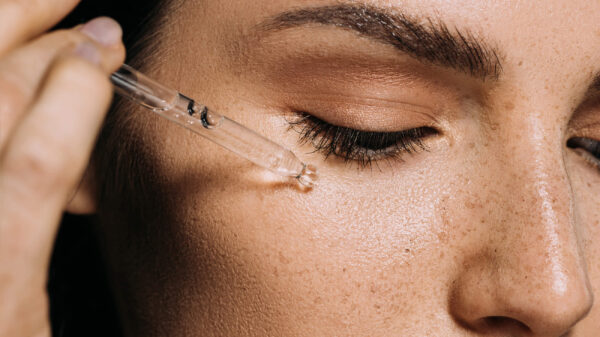
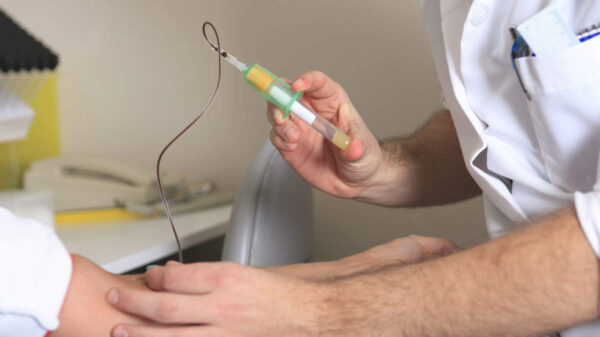
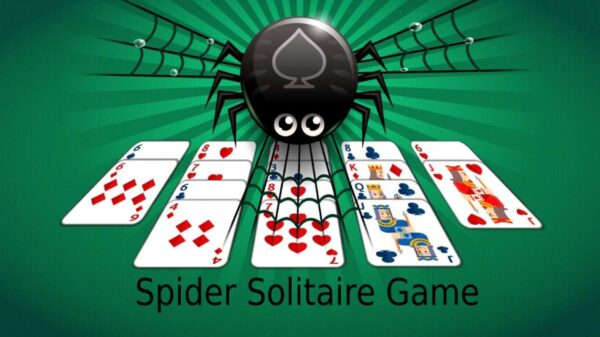
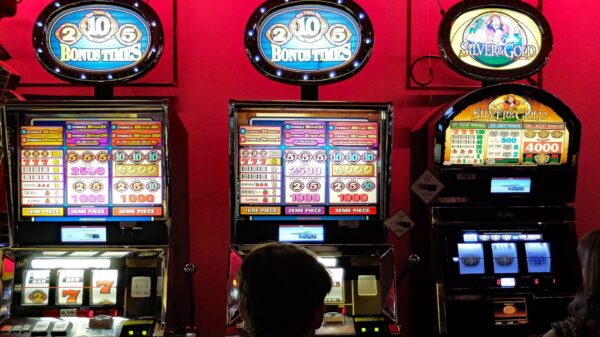













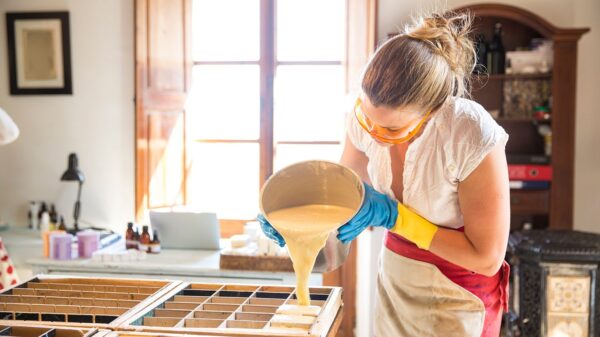



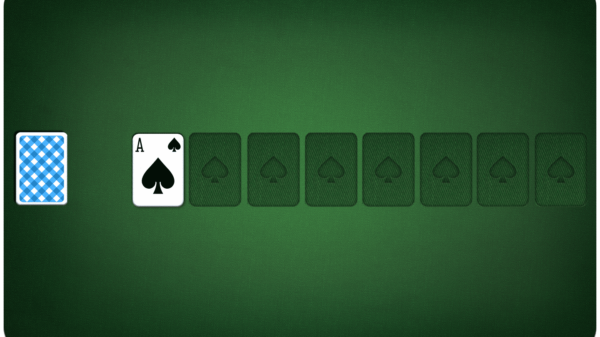

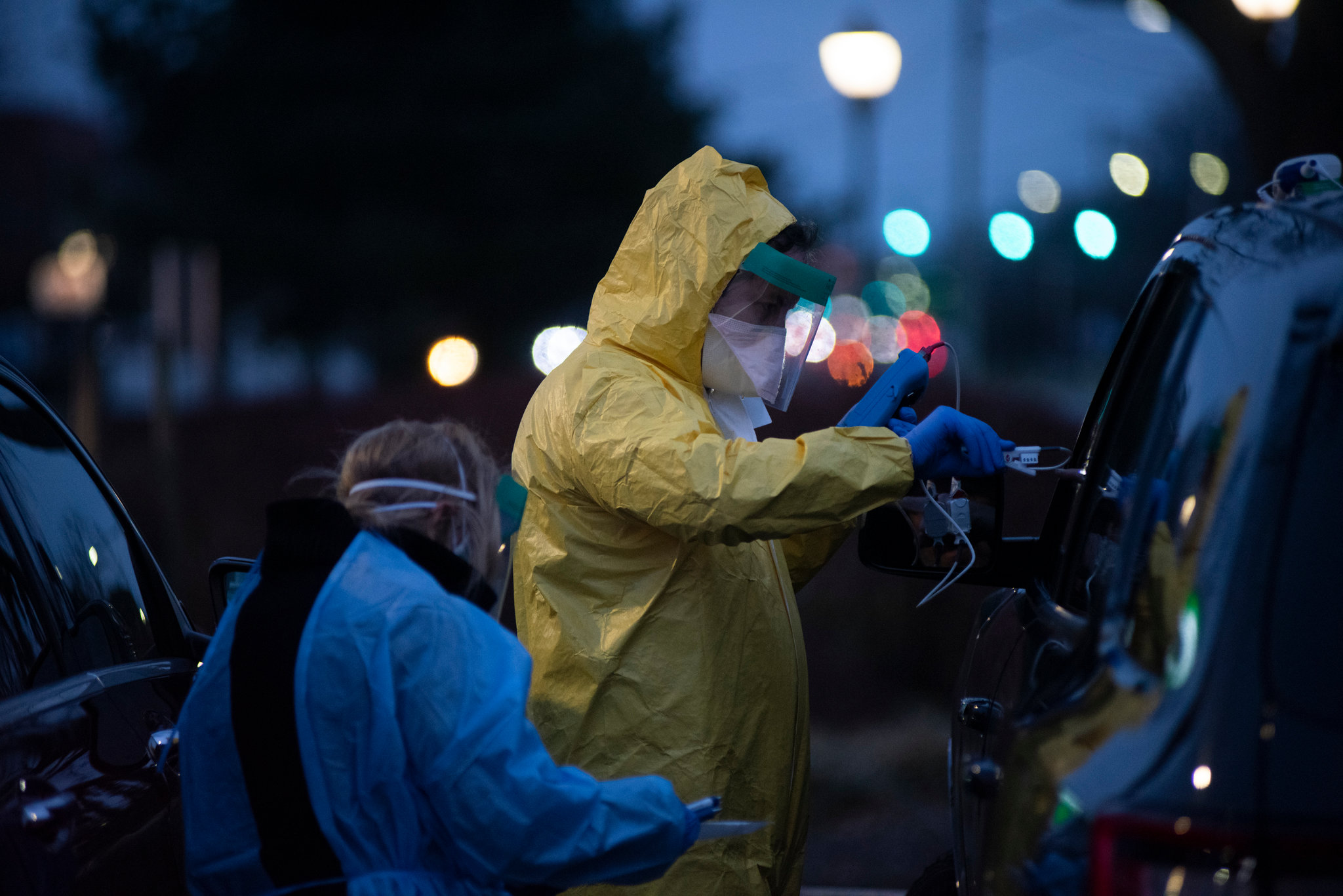
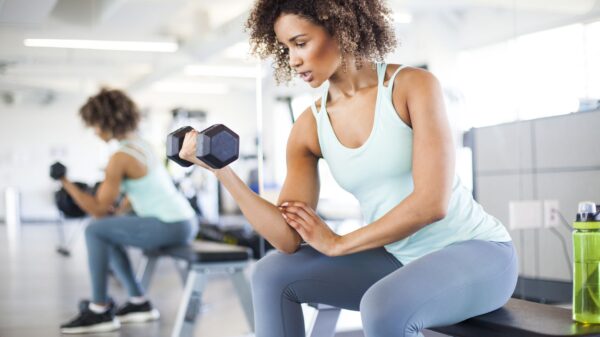
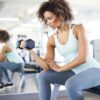


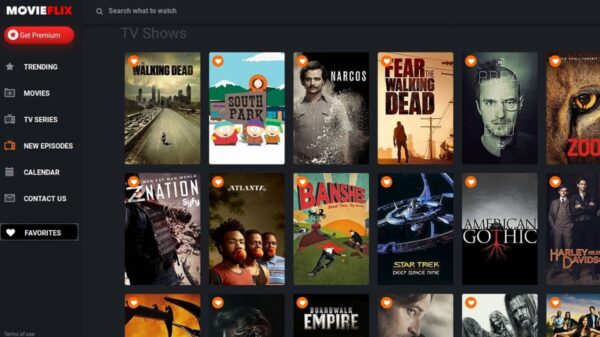



You must be logged in to post a comment Login